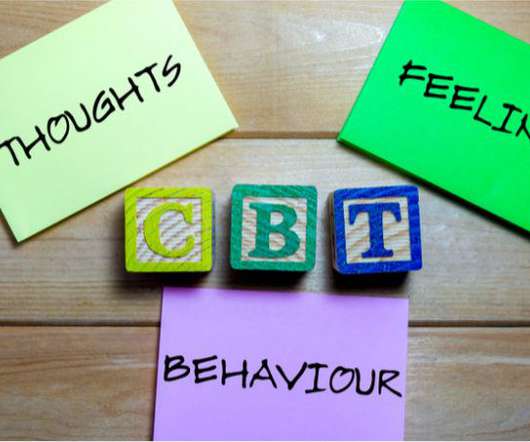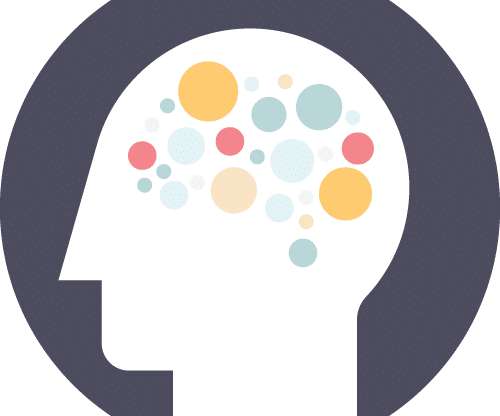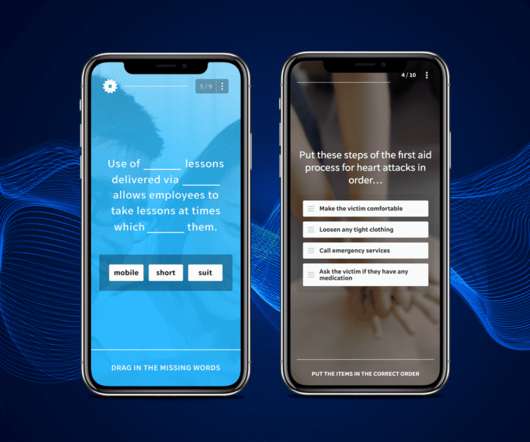Adult learning theories for instructional designers: Transformative learning
Matrix
APRIL 27, 2021
It’s a well-known fact that behavioral change doesn’t happen easily, and these transformative experiences work wonders when it comes to getting employees to walk a different path. Read more: What instructional designers need to know about behavioral change. The theory of transformative learning has been developed by Jack Mezirow.







































Let's personalize your content